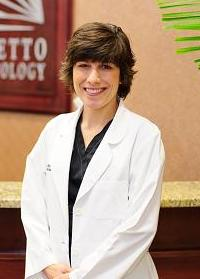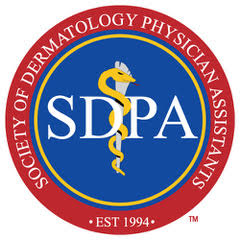
Vicki Roberts, PA-C
Provide Feedback
Medical Expertise of Vicki Roberts, PA-C
About Vicki Roberts, PA-C
Vicki Roberts President of the South Carolina Society of Dermatology Physician Assistants and holds professional memberships in the American Academy of Physician Assistants, the Society of Dermatology Physician Assistants, and the South Carolina Medical Association.
Vicki has privileges at Lexington Medical Center.
Patient Education Resources
Truncal acne, which refers to acne that occurs on the trunk of the body (such as the chest and back), may require a slightly different treatment approach than facial acne. This is because the skin on ...
Click on the product image below to access medication savings or patient support programs from the manufacturer. In some cases, a form must be submitted along with proof of having purchased the med...
A dermatologist can make you appear more youthful by using a variety of treatments, such as:Topical creams and serums that contain ingredients like retinoids and hyaluronic acid to improve skin textur...
The best way to find out if you have skin cancer is to have a skin examination performed by a healthcare professional such as a dermatologist. They will visually inspect your skin for any suspicious m...
Click on the product image to access medication savings or support services offered by the manufacturer In most cases, this form must be submitted along with proof of having purchased the medi...
Education & Training
Palmetto Dermatology

Physician assistants are health care professionals licensed to practice medicine with physician supervision. As part of their comprehensive responsibilities, PAs conduct physical exams, diagnose and treat illnesses, order and interpret tests, counsel on preventive health care, assist in surgery, and in virtually all states can write prescriptions. Within the physician-PA relationship, physician assistants exercise autonomy in medical decision making and provide a broad range of diagnostic and therapeutic services.
Because of the close working relationship the PAs have with physicians, PAs are educated in the medical model designed to complement physician training. Upon graduation, physician assistants take a national certification examination developed by the National Commission on Certification of PAs in conjunction with the National Board of Medical Examiners. To maintain their national certification, PAs must log 100 hours of continuing medical education every two years and sit for a recertification every six years. Graduation from an accredited physician assistant program and passage of the national certifying exam are required for state licensure.

